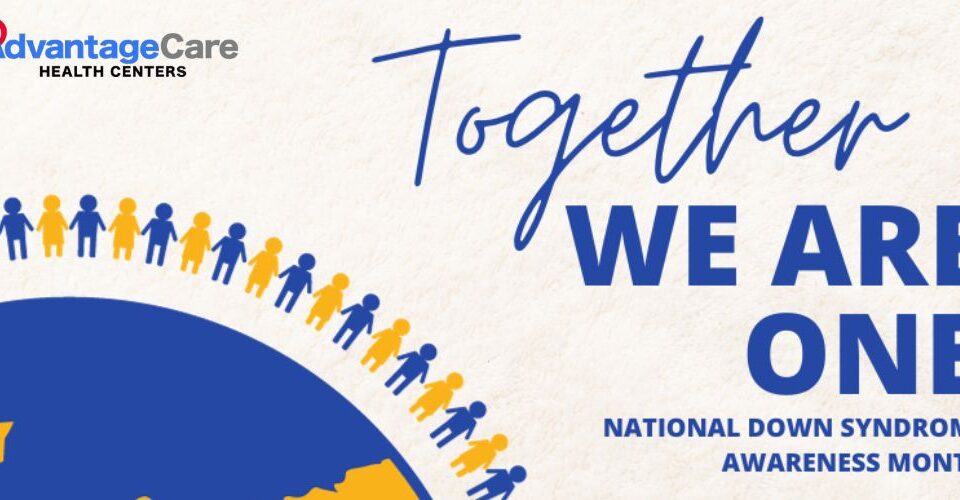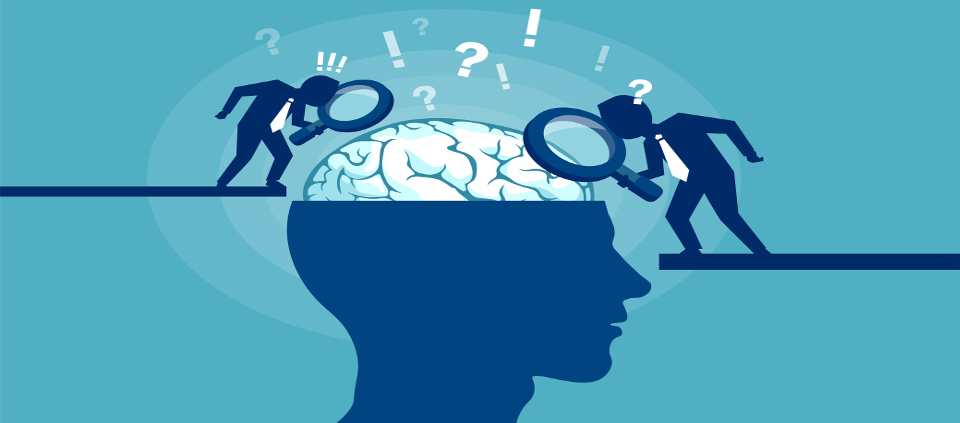
7 Mental Health Facts Everyone Should Know
October 24, 2019
5 Things to Know about New York’s Health Care Marketplace
November 29, 2019
7 Mental Health Facts Everyone Should Know
October 24, 2019
5 Things to Know about New York’s Health Care Marketplace
November 29, 2019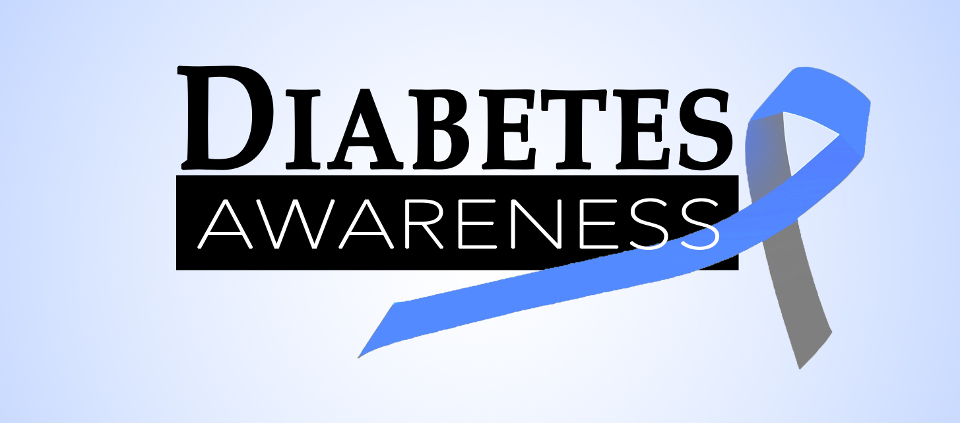
Once known as adult-onset diabetes, type 2 diabetes is becoming more common in men and women of all ages, including children, teens and young adults. Although its warning signs can be difficult to recognize, early detection is the key to treatment.
What is Type 2 Diabetes?
Of the 30 million Americans who have diabetes, more than 90 percent of them have type 2, including children, teens and young adults. It is a chronic condition that affects how the body metabolizes an important source of fuel for the body: sugar (glucose). Ultimately, it can cause heart attack, stroke, blindness, amputation or kidney failure.
7 Common Signs of Type 2 Diabetes
According to Advantage Care Health Centers’ Dr. Chrystyne Olivieri, many people have type 2 diabetes and do not even know it, because its warning signs are difficult to recognize.
However, type 2 is still very dangerous. “Diabetes is nothing to fool around with,” she said. “It is mean and nasty, like a rattlesnake.”
To educate Long Islanders during National Diabetes Month, Dr. Olivieri, a certified diabetes educator, outlined seven early signs of type 2 diabetes everyone should learn to recognize.
1) Increasing Fatigue
If you find that you have become more tired than normal, this may be a sign of insulin resistance, which is hallmark of undiagnosed type 2 diabetes. This could also indicate a worsening of your diabetes control.
2) Gaining Weight
Another symptom to watch is weight gain, especially in the belly. Excessive belly fat is the result of insulin resistance, which is the cause of type 2 diabetes. It could also be water retention; swollen hands and feet, but a gain in pounds is a warning sign.
3) Carbohydrate Cravings
When blood sugar and insulin levels rise, most people have irresistible cravings for sweets, sugar and simple carbohydrates. If you can’t stop thinking about cereals, breads, pasta, cake, cookies, pretzels, donuts, ice cream or soda, you may have out-of-control insulin resistance and type 2 diabetes.
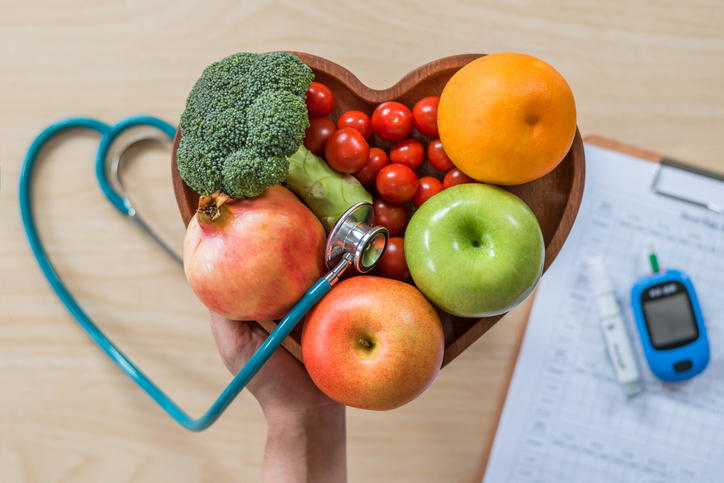
4) Difficulty Sleeping
If you have usually been a good sleeper, but now you either can’t fall asleep or frequently awaken during the night, this could be the result of too many carbs, insulin resistance and higher than normal blood sugar.
5) Anxiety/Depression
The neurological system of the human body is highly sensitive to excessive blood sugar and high levels of insulin. This can result in less ability to handle stressful situations, more volatile moods and a decrease in enjoying things that used to make you happy.
6) Nocturnal Eating
Some people awaken in the middle of the night with intense hunger, and it’s usually only quenched by sweets or other carbohydrates. This is due to insulin resistance as the body incorrectly senses the hunger and satiety hormones – thinking that it’s hungry when it is not.
7) Frequent Infections
A common sign of high blood sugars is frequent bacterial, viral or fungal infections. They can be skin infections, upper respiratory infections and/or urinary tract infections. Make sure to get your blood sugar tested if this happens to you.
The Importance of Early Detection
If any or all of these symptoms are ignored or unnoticed, type 2 diabetes will continue to progress. Eventually, severe symptoms can occur, including:
- Intense thirst
- Frequent urination
- Unexpected weight loss
- Uncontrolled hunger
- Blurred vision
These five symptoms are late-stage signals that the body is breaking down and could be quickly escalating into an emergency situation.
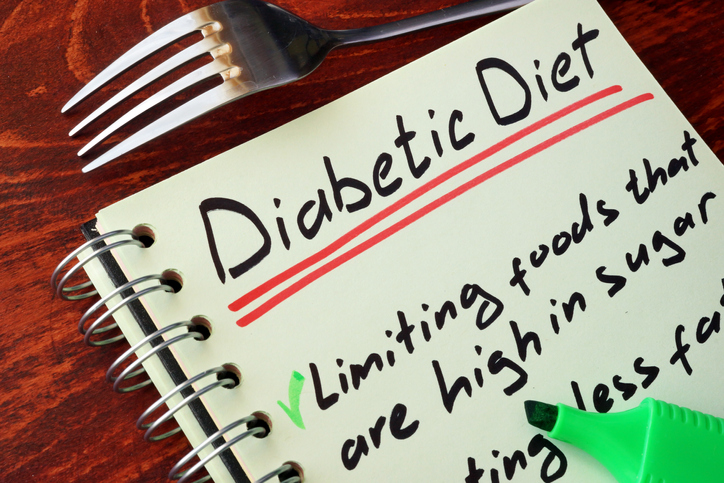
Get Checked for Diabetes Today
Type 2 diabetes can be detected with a simple blood test and then managed successfully by maintaining a healthy weight, exercising regularly and sleeping sufficiently.
Advantage Care Health Centers provides routine blood tests during annual physical exams and other preventive health services that can determine if you have diabetes. Request an appointment during National Diabetes month to learn more.





